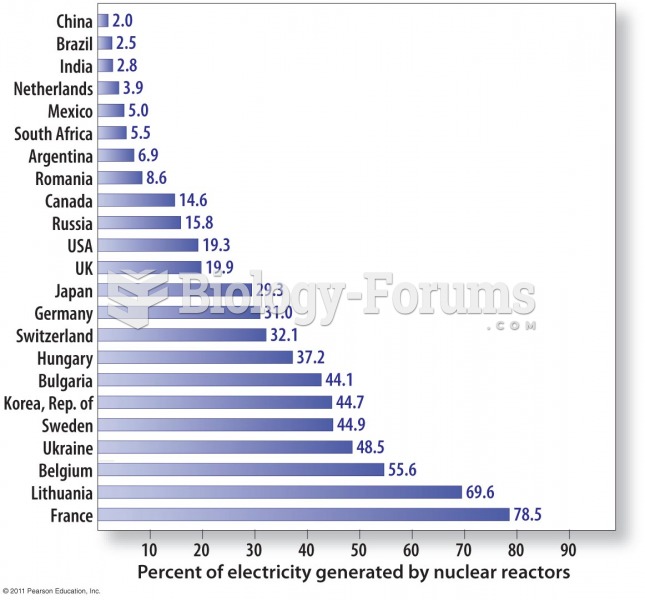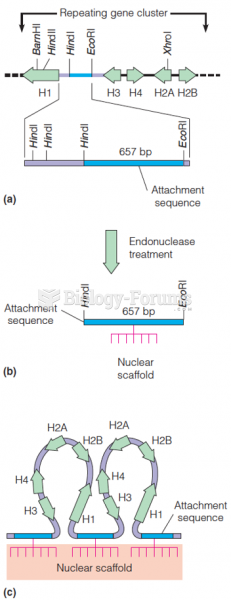Answer to Question 1
Correct Answer: 1,2,3
Rationale 1: Calcium EDTA may produce renal damage such as proteinuria and microscopic hematuria. Treatment-induced nephrotoxicity is dose dependent and may be reduced by ensuring adequate diuresis before therapy begins.
Rationale 2: Clients should be monitored for cardiac rhythm irregularities and other electrocardiogram changes during IV therapy.
Rationale 3: This medication can cause hypotension.
Rationale 4: A febrile reaction is an expected adverse effect of this medication; the infusion does not need to be stopped.
Rationale 5: A histamine-like reaction that includes headache and nasal congestion is an expected adverse effect of this medication; the health care provider does not need to be notified.
Global Rationale: Calcium EDTA may produce renal damage such as proteinuria and microscopic hematuria. Treatment-induced nephrotoxicity is dose dependent and may be reduced by ensuring adequate diuresis before therapy begins. Clients should be monitored for cardiac rhythm irregularities and other electrocardiogram changes during IV therapy. This medication can cause hypotension. A febrile reaction is an expected adverse effect of this medication; the infusion does not need to be stopped. A histamine-like reaction that includes headache and nasal congestion is an expected adverse effect of this medication; the health care provider does not need to be notified.
Answer to Question 2
Correct Answer: 1,2
Rationale 1: Naloxone (Narcan) is the antidote for opioid medication overdose.
Rationale 2: Sodium bicarbonate is the antidote for tricyclic antidepressant medication overdose.
Rationale 3: Pyridoxine (vitamin B6) is not the antidote for either opioid or tricyclic antidepressant medication.
Rationale 4: Syrup of ipecac cannot be given to a client who is unconscious.
Rationale 5: Activated charcoal should be administered within 1 hour of oral ingestion of a poison or poisonous substance. Because the client was found unconscious, the amount of time that elapsed between ingestion and discovery cannot be determined. This medication would likely not be effective for the client.
Global Rationale: Naloxone (Narcan) is the antidote for opioid medication overdose. Sodium bicarbonate is the antidote for tricyclic antidepressant medication overdose. Pyridoxine (vitamin B6) is not the antidote for either opioid or tricyclic antidepressant medication. Syrup of ipecac cannot be given to a client who is unconscious. Activated charcoal should be administered within 1 hour of oral ingestion of a poison or poisonous substance. Because the client was found unconscious, the amount of time that elapsed between ingestion and discovery cannot be determined. This medication would likely not be effective for the client.







